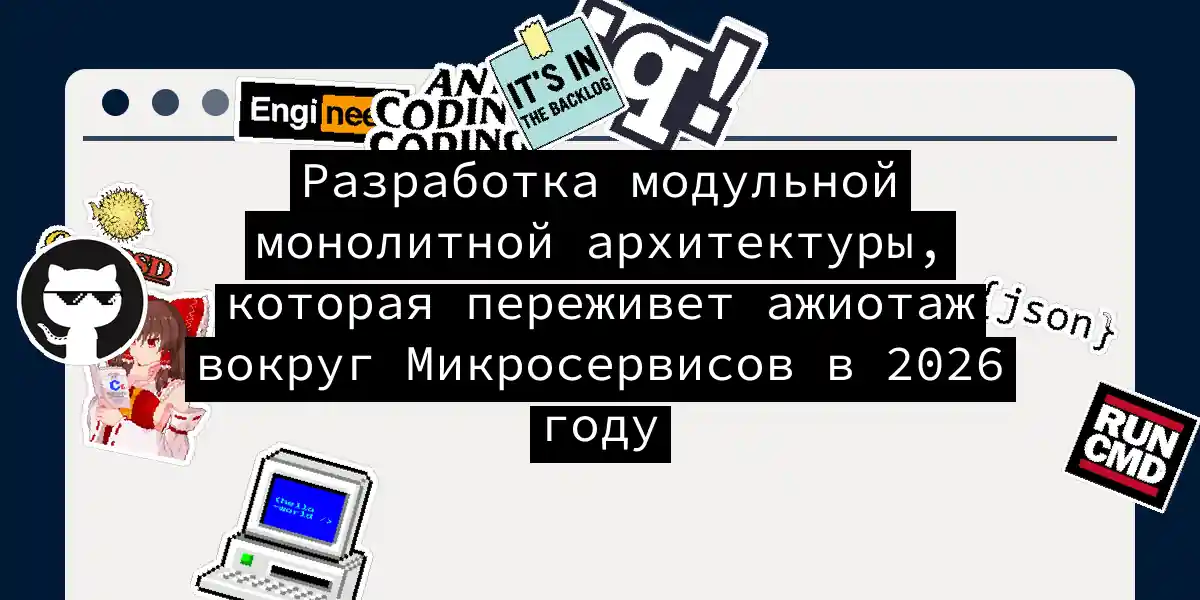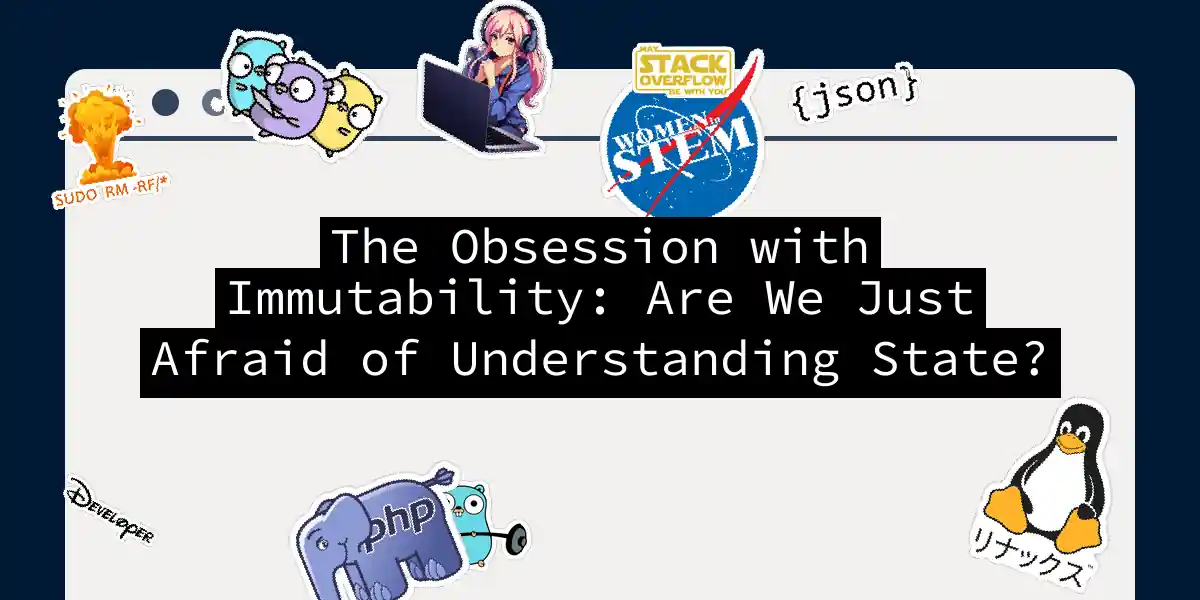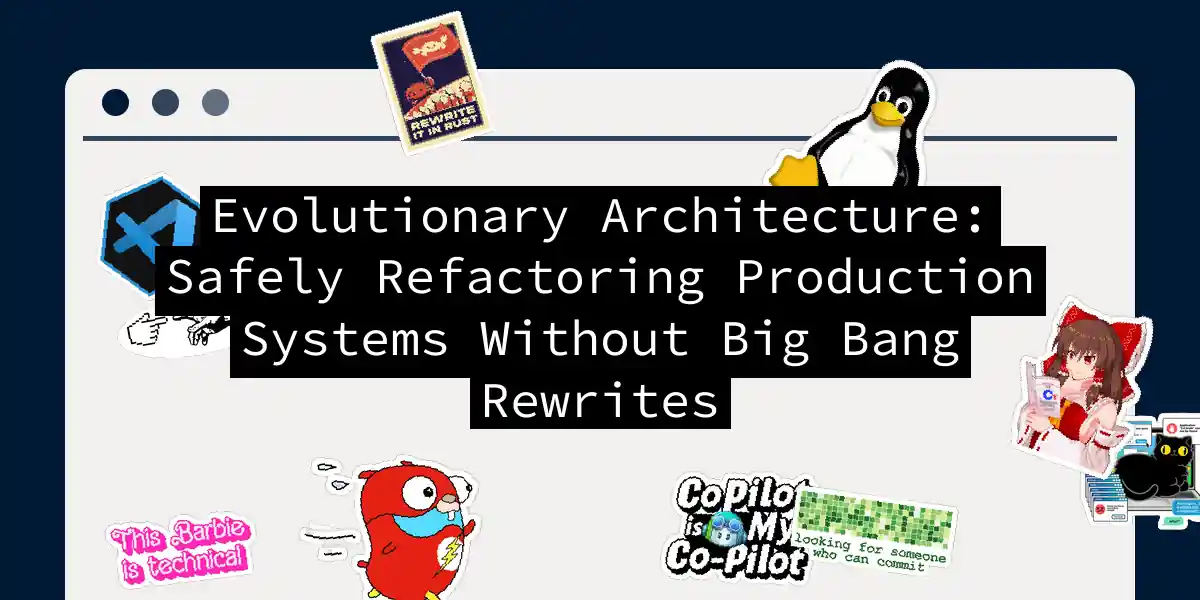
Designing a Modular Monolith Architecture That Survives Microservice Hype in 2026
If you’ve been scrolling through tech Twitter lately, you’ve probably encountered the modern engineer’s equivalent of a religious war: microservices versus monoliths. One camp insists that monoliths are dinosaurs headed for extinction. The other swears by the simplicity of a single codebase. Meanwhile, neither side is talking about the architecture that’s quietly winning in production environments across the industry: the modular monolith. Here’s the thing about hype cycles: they’re excellent at obscuring practical truth....



